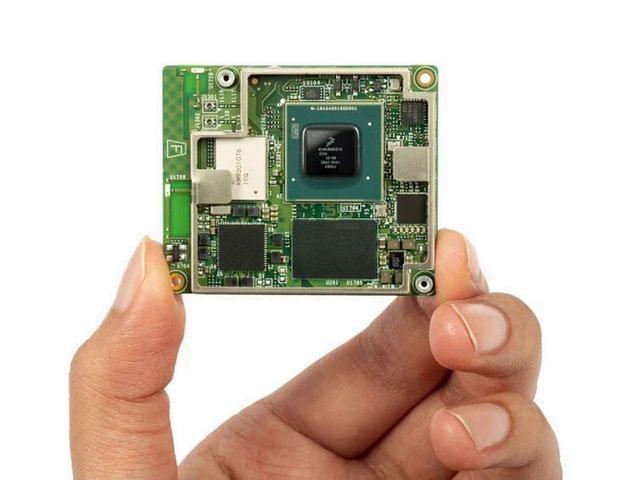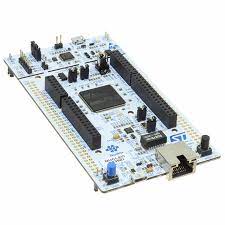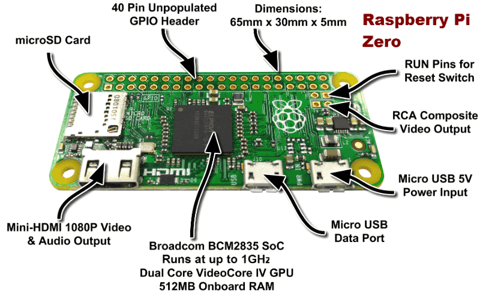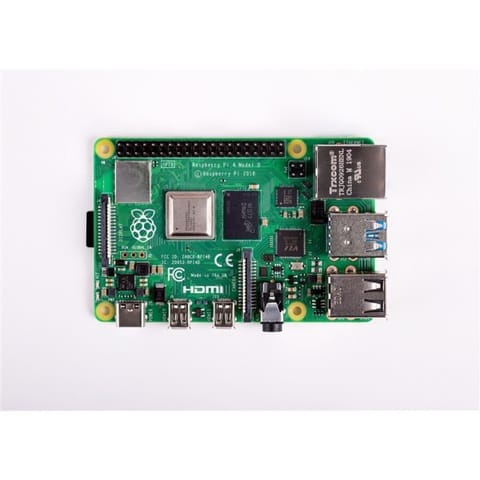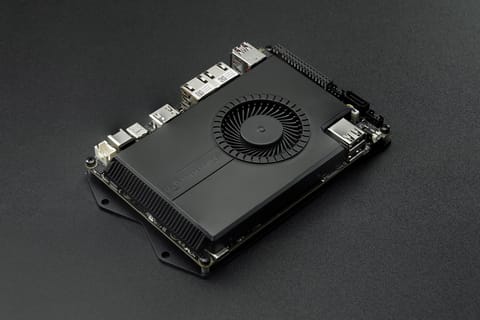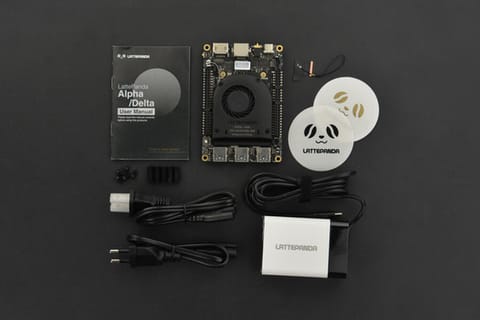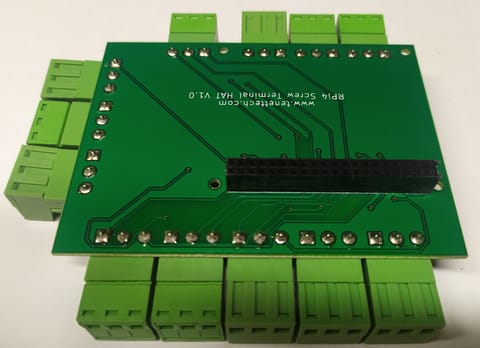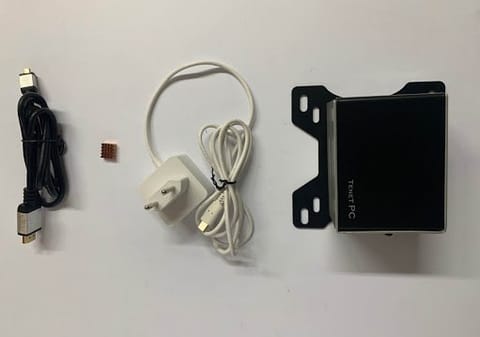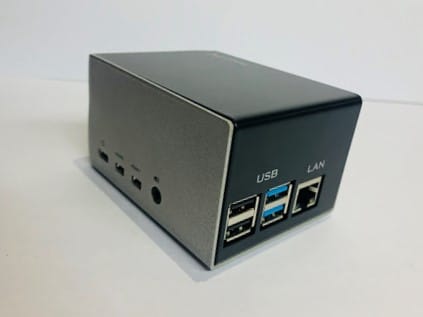- TRANSDUCERS
- TRANSDUCERS
- BASIC COMPONENTS DK
- BASIC COMPONENTS DK
- MARKETPLACE
- MARKETPLACE
- DEVELOPMENT BOARDS & KITS
- DEVELOPMENT BOARDS & KITS
- CABLE ASSEMBLIES
- CABLE ASSEMBLIES
- RF AND WIRELESS
- RF AND WIRELESS
- BOXES ENCLOSURES RACKS
- BOXES ENCLOSURES RACKS
- AUDIO PRODUCTS
- AUDIO PRODUCTS
- FANS-BLOWERS-THERMAL MANAGEMENT
- FANS-BLOWERS-THERMAL MANAGEMENT
- WIRELESS MODULES
- WIRELESS MODULES
- TERMINALS
- TERMINALS
- Cables/Wires
- Cables/Wires
- SINGLE BOARD COMPUTER
- SINGLE BOARD COMPUTER
- BREAKOUT BOARDS
- BREAKOUT BOARDS
- LED
- LED
- TEST AND MEASUREMENT
- TEST AND MEASUREMENT
- POTENTIONMETERS AND VARIABLE RESISTORS
- POTENTIONMETERS AND VARIABLE RESISTORS
- DEVELOPMENT BOARDS AND IC's
- DEVELOPMENT BOARDS AND IC's
- EMBEDDED COMPUTERS
- EMBEDDED COMPUTERS
- OPTOELECTRONICS
- OPTOELECTRONICS
- INDUSTRAL AUTOMATION AND CONTROL
- INDUSTRAL AUTOMATION AND CONTROL
- COMPUTER EQUIPMENT
- COMPUTER EQUIPMENT
- CONNECTORS & INTERCONNECTS
- CONNECTORS & INTERCONNECTS
- MAKER/DIY EDUCATIONAL
- MAKER/DIY EDUCATIONAL
- TOOLS
- TOOLS
- MOTORS/ACTUATORS/SOLEENOIDS/DRIVERS
- MOTORS/ACTUATORS/SOLEENOIDS/DRIVERS
- FPGA HARDWARE
- FPGA HARDWARE
- ROBOTICS & AUTOMATION
- ROBOTICS & AUTOMATION
Description
The Coral System-on-Module (SoM) is a fully-integrated system that helps you build embedded systems that demand fast machine learning (ML) inferencing. It contains NXP's iMX8M system-on-chip (SoC), eMMC memory, LPDDR4 RAM, Wi-Fi, and Bluetooth, but its unique power comes from Google's Edge TPU coprocessor.
The Edge TPU is a small ASIC designed by Google that provides high-performance ML inferencing with a low power cost. For example, it can execute state-of-the-art mobile vision models such as MobileNet v2 at almost 400 FPS, in a power-efficient manner. This on-device processing reduces latency, increases data privacy, and removes the need for a high-bandwidth connection used to perform ML inferencing in the cloud.
Key benefits of the SoM:
- High-speed and low-power ML inferencing (4 TOPS @2 W)
- A complete Linux system (running Mendel, a Debian derivative)
- Small footprint (40 x 48 mm)
The SoM is also included in the Coral Dev Board, which is a single-board computer that enables fast prototyping and evaluation of the standalone SoM.
Features
- Provides a complete system: The Coral SoM is a fully-integrated Linux system that includes NXP's iMX8M system-on-chip (SoC), eMMC memory, LPDDR4 RAM, Wi-Fi, and Bluetooth, and the Edge TPU coprocessor for ML acceleration. It runs a derivative of Debian Linux we call Mendel.
- Performs high-speed ML inferencing: The on-board Edge TPU coprocessor is capable of performing 4 trillion operations (tera-operations) per second (TOPS), using 0.5 watts for each TOPS (2 TOPS per watt). For example, it can execute state-of-the-art mobile vision models such as MobileNet v2 at 400 FPS, in a power efficient manner.
- Integrates with your custom hardware: The SoM connects to your own baseboard hardware with three 100-pin connectors.
- Supports TensorFlow Lite: No need to build models from the ground up. TensorFlow Lite models can be compiled to run on the Edge TPU.
- Supports AutoML Vision Edge: Easily build and deploy fast, high-accuracy custom image classification models to your device with AutoML Vision Edge. Also available with a baseboard as part of the Coral Dev Board.
Specifications
- NXP i.MX 8M SoC
- Quad-core ARM Cortex-A53, plus Cortex-M4F
- 2D/3D Vivante GC7000 Lite GPU and VPU
- Google Edge TPU ML accelerator
- Cryptographic coprocessor
- Wi-Fi 2x2 MIMO (802.11b/g/n/ac 2.4/5 GHz)
- Bluetooth 4.2
- 8GB eMMC
- 1GB LPDDR4
- USB 3.0
- Gigabit Ethernet
- HDMI and MIPI-DSI
- MIPI-CSI-2
- Up to 95x GPIO (including SPI, I2C, PWM, UART, SAI, and SDIO)
- Home
- SINGLE BOARD COMPUTER
- Coral System-on-Module (SoM)
Coral System-on-Module (SoM)
SIZE GUIDE
- Shipping in 10-12 Working days
- http://cdn.storehippo.com/s/59c9e4669bd3e7c70c5f5e6c/ms.products/5e328eadbd4cbd580f5068a0/images/5e328eadbd4cbd580f5068a1/5e328e75b5572e57ad89484d/5e328e75b5572e57ad89484d.jpg
Description of product
Description
The Coral System-on-Module (SoM) is a fully-integrated system that helps you build embedded systems that demand fast machine learning (ML) inferencing. It contains NXP's iMX8M system-on-chip (SoC), eMMC memory, LPDDR4 RAM, Wi-Fi, and Bluetooth, but its unique power comes from Google's Edge TPU coprocessor.
The Edge TPU is a small ASIC designed by Google that provides high-performance ML inferencing with a low power cost. For example, it can execute state-of-the-art mobile vision models such as MobileNet v2 at almost 400 FPS, in a power-efficient manner. This on-device processing reduces latency, increases data privacy, and removes the need for a high-bandwidth connection used to perform ML inferencing in the cloud.
Key benefits of the SoM:
- High-speed and low-power ML inferencing (4 TOPS @2 W)
- A complete Linux system (running Mendel, a Debian derivative)
- Small footprint (40 x 48 mm)
The SoM is also included in the Coral Dev Board, which is a single-board computer that enables fast prototyping and evaluation of the standalone SoM.
Features
- Provides a complete system: The Coral SoM is a fully-integrated Linux system that includes NXP's iMX8M system-on-chip (SoC), eMMC memory, LPDDR4 RAM, Wi-Fi, and Bluetooth, and the Edge TPU coprocessor for ML acceleration. It runs a derivative of Debian Linux we call Mendel.
- Performs high-speed ML inferencing: The on-board Edge TPU coprocessor is capable of performing 4 trillion operations (tera-operations) per second (TOPS), using 0.5 watts for each TOPS (2 TOPS per watt). For example, it can execute state-of-the-art mobile vision models such as MobileNet v2 at 400 FPS, in a power efficient manner.
- Integrates with your custom hardware: The SoM connects to your own baseboard hardware with three 100-pin connectors.
- Supports TensorFlow Lite: No need to build models from the ground up. TensorFlow Lite models can be compiled to run on the Edge TPU.
- Supports AutoML Vision Edge: Easily build and deploy fast, high-accuracy custom image classification models to your device with AutoML Vision Edge. Also available with a baseboard as part of the Coral Dev Board.
Specifications
- NXP i.MX 8M SoC
- Quad-core ARM Cortex-A53, plus Cortex-M4F
- 2D/3D Vivante GC7000 Lite GPU and VPU
- Google Edge TPU ML accelerator
- Cryptographic coprocessor
- Wi-Fi 2x2 MIMO (802.11b/g/n/ac 2.4/5 GHz)
- Bluetooth 4.2
- 8GB eMMC
- 1GB LPDDR4
- USB 3.0
- Gigabit Ethernet
- HDMI and MIPI-DSI
- MIPI-CSI-2
- Up to 95x GPIO (including SPI, I2C, PWM, UART, SAI, and SDIO)
NEWSLETTER
Subscribe to get Email Updates!
Thanks for subscribe.
Your response has been recorded.
INFORMATION
ACCOUNT
ADDRESS
Tenet Technetronics# 2514/U, 7th 'A' Main Road, Opp. to BBMP Swimming Pool, Hampinagar, Vijayanagar 2nd Stage.
Bangalore
Karnataka - 560104
IN
Tenet Technetronics focuses on “Simplifying Technology for Life” and has been striving to deliver the same from the day of its inception since 2007. Founded by young set of graduates with guidance from ardent professionals and academicians the company focuses on delivering high quality products to its customers at the right cost considering the support and lifelong engagement with customers. “We don’t believe in a sell and forget model “and concentrate and building relationships with customers that accelerates, enhances as well as provides excellence in their next exciting project.


